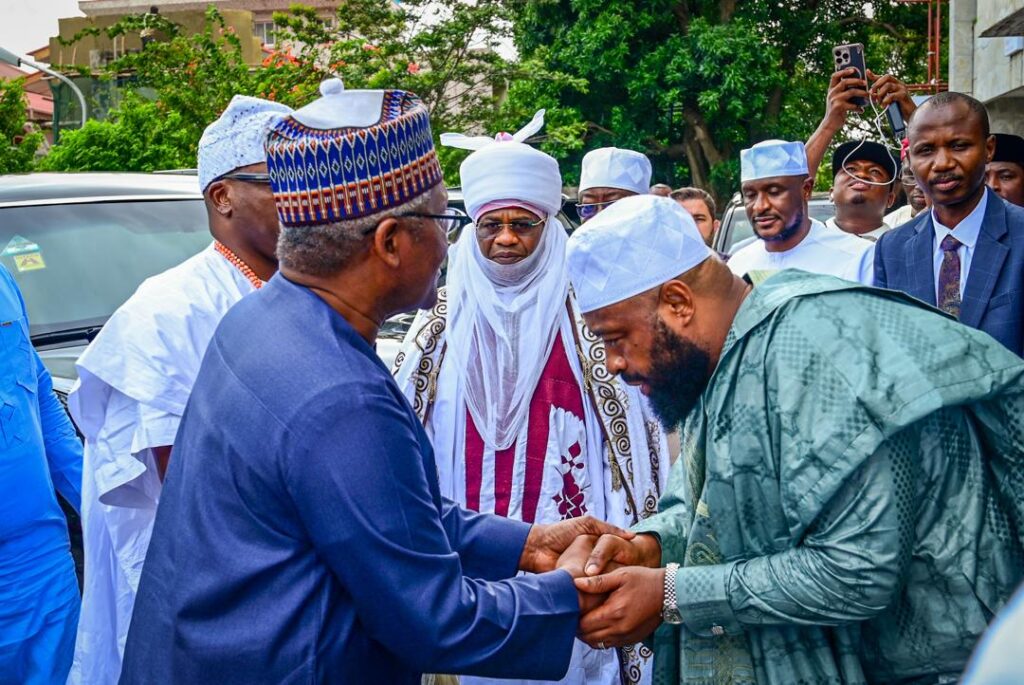The Niger State Government has signed a ₦1.8 trillion agreement with Dangote Rice Limited to guarantee the supply and offtake of paddy rice, as part of efforts to enhance food production and agricultural investment in the country.
The deal, brokered through Niger Foods Security Systems and Logistics Ltd., was sealed at the Lagos headquarters of Dangote Group. It is aimed at boosting paddy rice production through large-scale commercial farming and engaging thousands of local farmers.
A statement by the Chief Press Secretary to the Governor of Niger State, Bologi Ibrahim, disclosed that the agreement will span 10 years, during which Niger Foods will supply high-quality paddy rice to Dangote Rice Limited.
Chairman of Niger Foods, Mr. Sammy Adigun, said the agreement mandates the development of 25,000 hectares of commercial rice farms and the engagement of 50,000 smallholder farmers across the state. He added that the partnership is expected to create no fewer than 50,000 direct jobs and significantly boost the state’s agricultural economy.
President of Dangote Group, Alhaji Aliko Dangote, described the agreement as the outcome of extensive consultations focused on food security and job creation, stating that Dangote Group is heavily invested in rice mills and plantations across several states, with Niger now joining five others with mills under construction.
He stressed the importance of private sector collaboration with government in achieving national development goals, noting that the private sector currently contributes 90 per cent of Nigeria’s Gross Domestic Product (GDP).
Dangote also commended Governor Mohammed Umaru Bago for his administration’s commitment to mechanised and commercial agriculture, describing the partnership as well-deserved and timely.
He said the guaranteed offtake arrangement would encourage local farmers to remain in rice production.
Responding, Governor Bago expressed confidence in the state’s capacity to support the country’s food needs.
He said his government intends to harness Niger’s vast arable land and water resources—especially rivers Niger and Kaduna—to transform agriculture into a major economic driver.
The governor reiterated his administration’s resolve to expand the agricultural value chain, generate employment, and ensure sustainable development through strategic partnerships.

